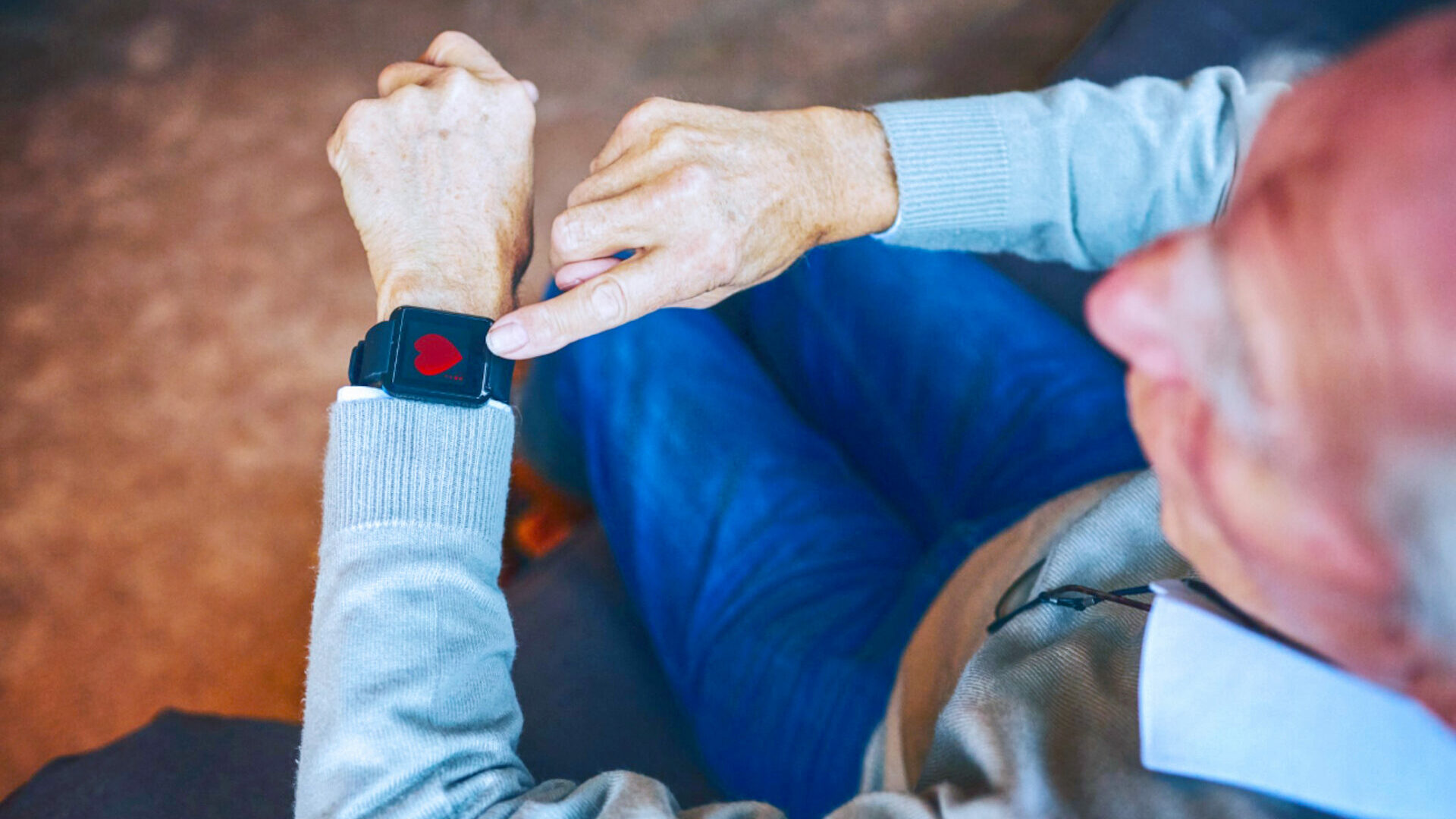FACT SHEET
Capture the full spectrum of patient health with remote UX-friendly tasks aligned with traditional in-clinic assessments.
Wearable and sensor technologies empower researchers to capture the full spectrum of patient health. Track patient health remotely, objectively, and with higher frequency than traditional methods while still aligning to traditional in-clinic assessments.
To leverage the full capabilities of sensors and wearables, integrate with our eSource solutions, including eCOA, and empower patients in remote clinical trials.


Capture the full spectrum of patient health with remote UX-friendly tasks aligned with traditional in-clinic assessments.
Sensors are electronic components that detect physical or environmental changes, such as temperature or heart rate. Wearables are devices worn on the body, like smartwatches or fitness trackers, equipped with sensors to monitor health-related metrics. Together, they provide real-time insights into various physiological or behavioral aspects for medical research.
Sensors and wearables play a crucial role in clinical trials by:
Yes, the Clinical ink platform is designed to integrate seamlessly with connected wearables and sensors. This integration facilitates continuous, real-time data capture, enabling a more comprehensive view of patient health and behavior in clinical trials. The Clinical ink platform supports a wide range of devices, ensuring compatibility and functionality tailored to the specific needs and objectives of each trial.
Yes, the Clinical ink solutions for sensors and wearables can be tailored to meet specific trial needs and objectives. We work closely with trial sponsors, investigators, and other stakeholders to design and implement customized sensor and wearable strategies that align with the unique requirements of each clinical trial.
Sales and Solutions
Direct 1.336.464.0697
Support
Toll-Free 1.800.301.5033
Direct 1.336.464.0697
Insert HTML text here.
Harness the Power of Sensors and Wearables
Capture the full spectrum of patient health with remote UX-friendly tasks aligned with traditional in-clinic assessments.
Request more information, submit questions, set up a demonstration, and more.